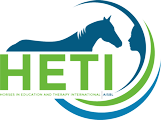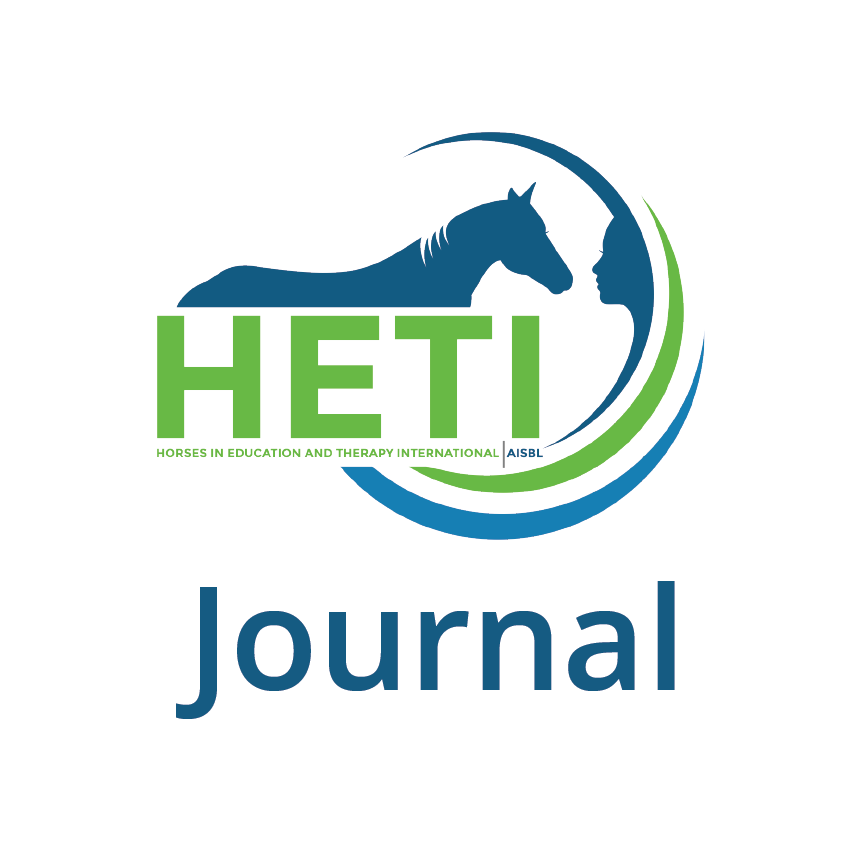Energy Requirement and Cardiorespiratory Readjustment During Therapeutic Horse Riding in Disabled
€5.00
| Author | Arsenio Veicsteinas Generoso Melorio Paola Sarchi |
|---|---|
| Year | 1994 |
During a typical therapeutic horse riding (THRIsessionwe have observed (1-21that heart rate (HR) increases to quite different levels in the different patients. In fact we have found that severe mentally disabled subiects show only a minor increase of HR (on the overage up to about 20 b/min above resting values), while in motor impaired subjects, without severe mental deficiency, the increose is much higher Ion the overage up to about 35 b/min above resting), with occasional peaks up to a HR of 160-170 b/min. The increase in HR is due in part to the enhanced energy requirement of riding and, in port, presumably, to psychological factors.
We have also suggested (1-2) that when the THR sessions are performed for 45-60 minutes, at least two or three times a week, a training effect on the cardiorespiratory and muscular systemsmight be hypothesised.
Even if HR 'per se' can be assumed as a reliable index of the cardiovascular stressond of the energy requirement of the subject particularly during isotonic exercise (3), during THR this might not be true. In fact many confounding factors such as isometric exercise, increased muscular tone, unexpected psychological reactions to riding might dissociate HR to the energy requirement.
With these in mind, and on the basis of the fact that we were not able to find any work in the literature on the energetics of THR, the present study was aimed to evaluate the energy requirement of a typical THR session in patients of different severity, thus separating the role played by emotional, in respect to metabolic factors increasing the HR.
This evaluation, moreover, has a twofold practical purpose, i.e. to analyse if the intensity of a THR session is severe enough

